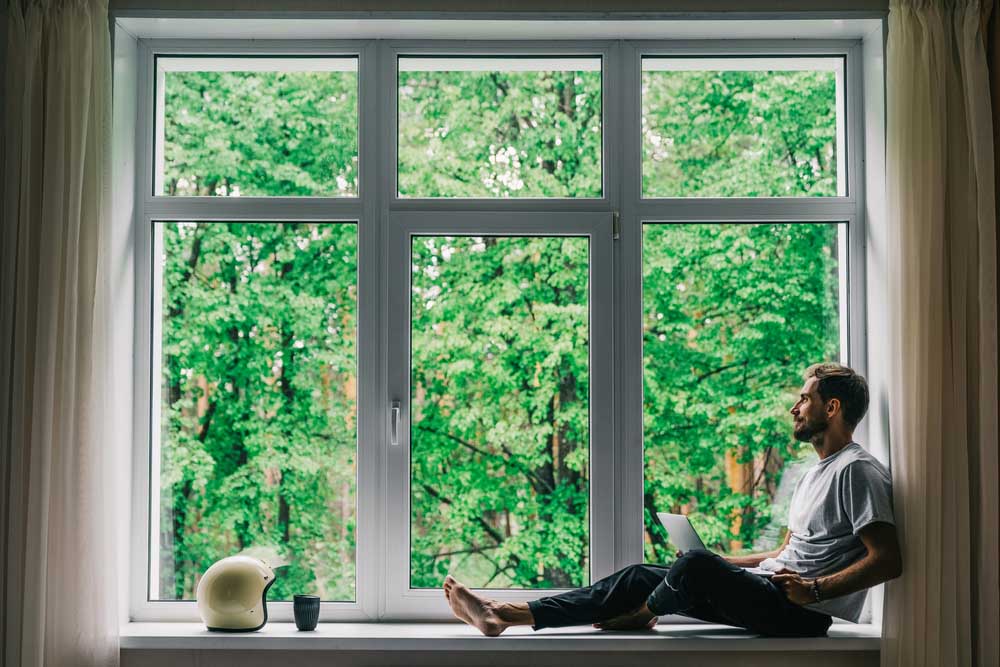Windows are a vital element of your home, serving both functional and aesthetic purposes. They provide natural light, ventilation, and a connection to the outdoors while also enhancing the overall look of your property. When it comes to choosing the right windows for your home, several factors should guide your decision. In this blog post, we’ll explore key considerations to help you make the best choice for your specific needs and style preferences.
Architectural Style: Consider the architectural style of your home when selecting windows. Different styles of windows complement specific architectural designs. For example, double-hung windows suit traditional homes, while large picture windows work well with modern and contemporary designs.
Functionality: Think about how you want your windows to function. Common window styles include:
- Casement Windows: Hinged at the side and swing outward, providing excellent ventilation.
- Double-Hung Windows: Both sashes can move vertically, allowing for flexible ventilation and easy cleaning.
- Slider Windows: Slide horizontally to open, making them ideal for spaces with limited vertical clearance.
- Awning Windows: Hinged at the top and open outward, offering ventilation even in light rain.
- Picture Windows: Fixed and don’t open, but they provide unobstructed views and ample natural light.
Energy Efficiency: Energy-efficient windows can help lower heating and cooling costs. Look for windows with features like double glazing, low-emissivity (Low-E) coatings, and argon gas between the panes. These features enhance insulation and reduce heat transfer.
Frame Material: Window frames are available in various materials, each with its advantages:
- Wood: Offers a classic, timeless appearance but requires more maintenance.
- Vinyl: Low-maintenance, durable, and energy-efficient.
- Aluminum: Strong and lightweight, suitable for modern designs.
- Fiberglass: Durable and versatile, with excellent insulation properties.
Window Size and Placement: Consider the size and placement of windows in each room to maximize natural light and ventilation. Large windows in living areas can create an open and spacious feel, while smaller windows in bathrooms and bedrooms offer privacy and ventilation.
Aesthetics and Design: Choose window styles and features that align with your home’s interior and exterior design. The color, grille pattern, and hardware can all contribute to the overall look and feel of your windows.
Budget: Establish a budget for your window replacement project. Window costs can vary significantly based on factors like size, material, and features. Be sure to balance your budget with your desired window quality and performance.
Local Climate: Consider your local climate when choosing windows. Homes in cold climates may benefit from triple-pane windows for added insulation, while homes in hot climates may prioritize windows with UV protection.
Sound Insulation: If you live in a noisy area, sound-insulating windows can help create a quieter indoor environment. Look for windows with laminated glass or additional soundproofing features.
Installation: Proper installation is crucial to the performance of your windows. Ensure you hire a reputable and experienced contractor to install your windows correctly.
Choosing the right windows for your home involves careful consideration of various factors, including style, functionality, energy efficiency, and budget. By evaluating these factors and consulting with window professionals, you can make informed decisions that enhance your home’s aesthetics, comfort, and value.


Recent Comments